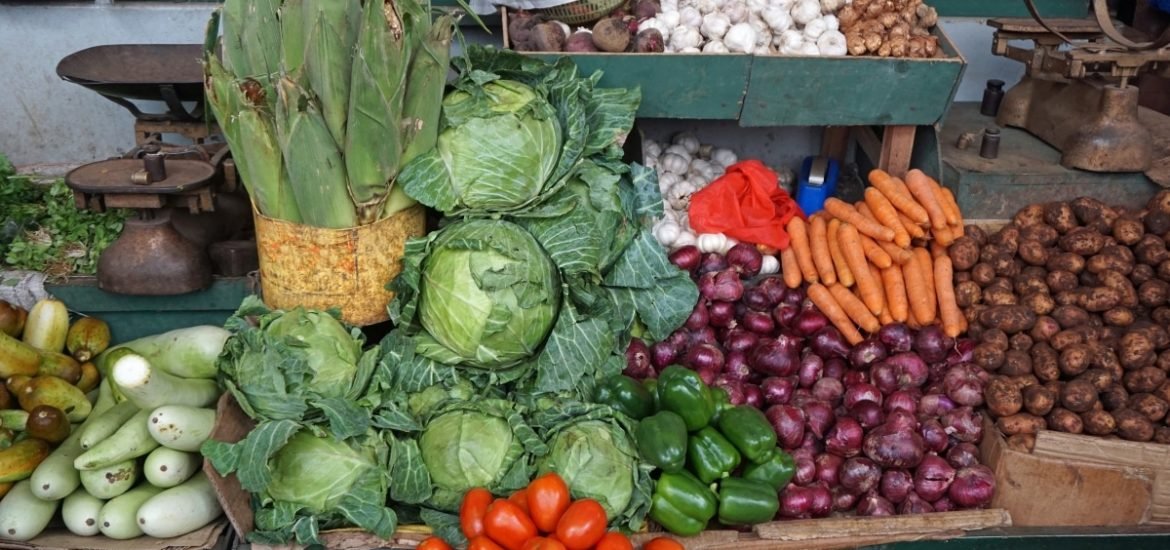
In a new perspective published on 29 March in Science, an international team of experts argue that plant breeding technologies ― in particular, genome editing technologies ― could lead to more productive and environmentally friendly agriculture. The authors write, “A world without hunger is possible but only if food production is sustainably increased and distributed and extreme poverty is eliminated.” However, they also note that new technologies must be used responsibly.
The global population is well on its way to reaching 10 million by 2050. And along with it, increasing agricultural challenges owing to climate change threaten global food security. Small farms in Africa and Asia will suffer most from the effects of climate change.
The authors write, “most of the poor and undernourished people live in rural areas of developing countries, where they depend on agriculture as a source of food, income, and employment.” They add that eliminating extreme poverty will only be possible if the income of smallholder farms is increased.
In addition, the intensive use of agrochemicals is damaging the environment. Moreover, over-fertilisation can negatively affect plant growth by altering soil properties.
Therefore, to achieve both socioeconomic and environmental aims, agricultural practices worldwide must become more sustainable.
Conventional plant breeding programmes and genetically modified crops have already improved agricultural productivity, lowered the use of pesticides, and reduced poverty. New plant breeding technologies have the potential to make crops even more productive, more resilient to drought and other climate stresses, and less susceptible to an increasing number of agricultural pests. This would further reduce the need for harmful pesticides, herbicides, and fertilisers.
Although precision breeding could help farmers minimise the use of fertilisers and pesticides while tailoring crops to specific regions, public perception might be a major hurdle. Many remain opposed to genetically modified organisms (GMOs) and gene-edited crops will likely face similar opposition.
Furthermore, strict regulations could make the adoption of gene-editing technologies a challenge ― regulations surrounding genome-edited crops are still up for debate in Europe. In October last year, the European Court of Justice (ECJ) ruled that gene-edited crops should be subject to the same stringent regulations as conventional GMOs.
In the case of GMOs, in the past, these factors led to the highly concentrated development of just a few major crops by a small number of big multinational players in the agricultural industry, since huge expenses and low probability of market admission pushed out small biotech companies and startups.
But gene-edited crops are not the same thing as GMOs. Gene-editing techniques, such as CRISPR/Cas-9, are far more precise. Therefore, genome-edited crops do not contain foreign genes and the crops are as just as safe as conventionally bred crops.
Critics argue the recent EU ruling could stymie sustainable agriculture in Europe and elsewhere. In this latest perspective, the authors also highlight how European regulations of new breeding technologies tend to have a considerable impact on developing countries, which could mean missing out on an important opportunity to help bolster global food supplies.
The authors suggest that gene-edited plants should be classed under the same remit as those produced by classical methods such as selective breeding. Finally, they call for transparency, better training of researchers and stakeholders in the innovation process, and more efficient, informed regulation.
(1) Zaidi, S.S. et al. New plant breeding technologies for food security. Science (2019). DOI: 10.1126/science.aav6316